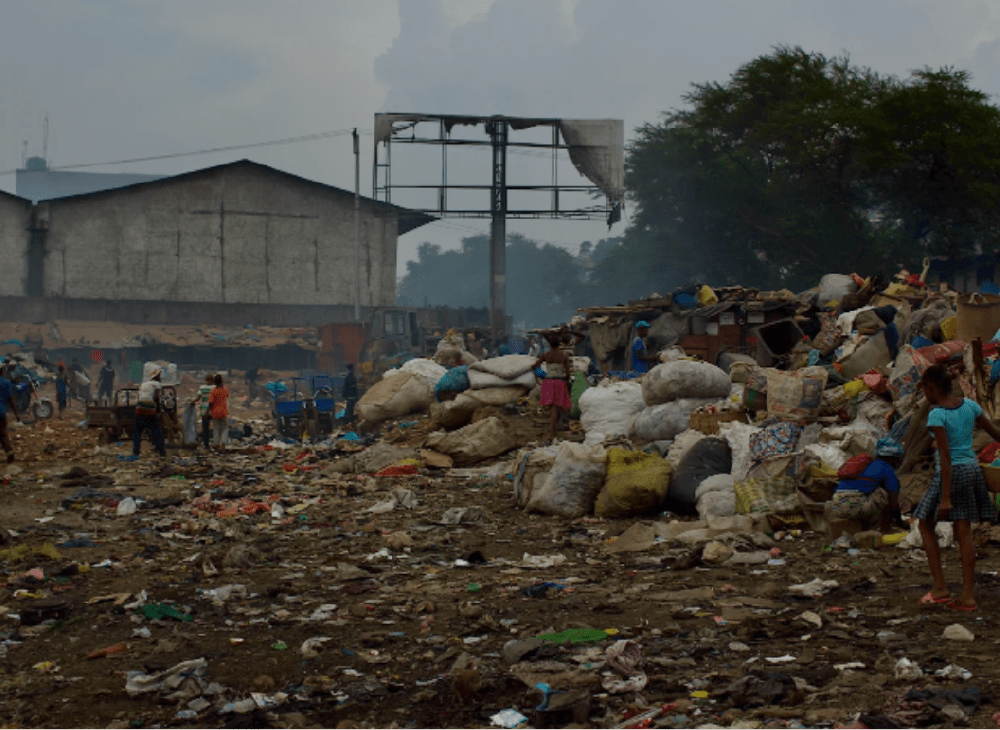
The Ecovironment, formerly the Bombali Plastic Paving Enterprise, founded in 2017, is a social enterprise that adopts indigenous technology to recycle post-consumer plastic waste into everyday construction materials like eco-bricks and paving tiles. Ecovironment works with marginalised women and youth to collect plastic waste and uses a plastic extrusion chemical-free technology to recycle and transform post-consumer waste plastic into durable and long-lasting bricks and paving tiles. As the first waste recycling facility in Sierra Leone, the unique point is that the eco-brick and paving tiles are made from plastic waste and sand with no added cement. The end product is 3x stronger than conventional and imported cement-made bricks, hence, boosting a 40-year lifespan that is suitable in any given condition and can be reused multiple times.
The institutions that have adopted the products so far include schools, universities, vocational institutions and hospitals. Despite the presence of alternative sources, Ecovironment products proved to be efficient alternatives for these institutions at this point when the requirement to transit to sustainable living is becoming a need.
“Our products guarantee our clients a 25% reduction in the cost of acquiring cement bricks and tiles. We have also offered waste collectors monetary value and give them a new avenue to generate income, boosting the local economy and adding value to the waste management sector”- Titilayo Ayodele (Project Manager)
With a potential market of over USD 47.6 billion in 2022, the project runs a training program to train youth and women with the skills in plastic recycling to take advantage of the new recycling market that Ecovironment can solely satisfy in Sierra Leone. This projected potential market has the potential to create over 100,000 new jobs for youth.
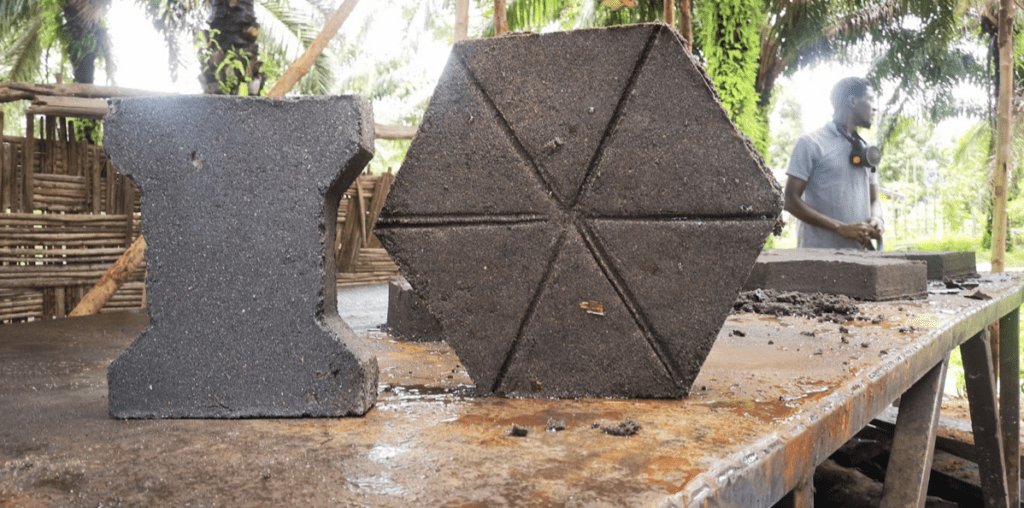
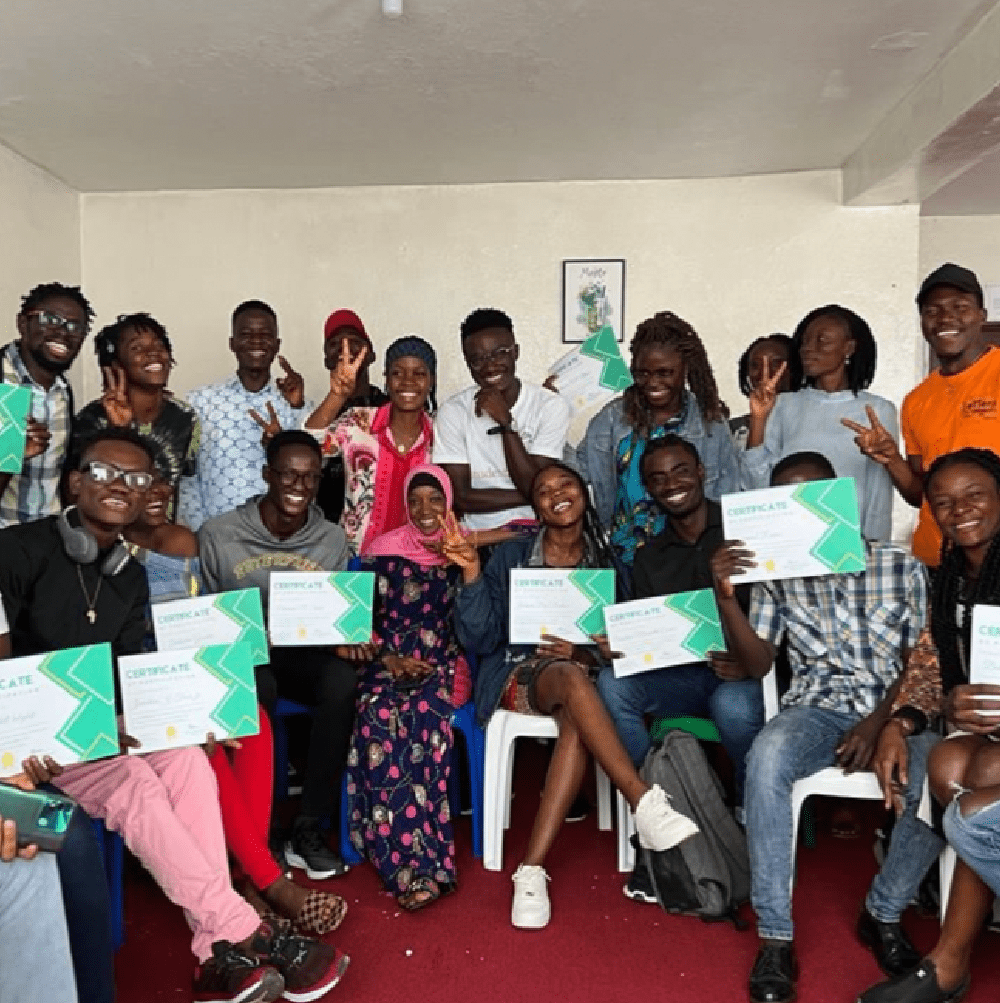
The project aims to achieve SDG 11 (sustainable cities and communities) but also significantly contributes to SDG 8 (Decent work and Economic growth) by providing an alternative economic activity and source of income for youth in the waste sector. SDG 5 (Gender Equality) is crucial because the project training programs emphasise women’s empowerment and youth. SDG 15 (Life on Land) and SDG 13 (Climate Action) are also addressed by decreasing the emission caused by Plastic, thus reducing the carbon footprint.
As a School of Wildlife Conservation Scholar at the African Leadership University, through the MAVA Foundation, I have been able to get expert mentorship on how Ecovironment can moonshot to the next level. Our highlights so far have been; the connection to drive more shared valued and sustainable impact in the local context and how to improve our product—the new product design approach from David Onderi, a subject matter expert. Our Mentor Mike Musgrave has been very instrumental in developing our business plan and new strategies to approach institutions owned by government bodies and NGOs. Overall, I can gladly say that my scholarship has provided our team with the required knowledge and expertise to take our solution to a new level- the kind of knowledge that would have taken us ten years of challenges to attain.
Ecovironment has turned a massive global problem into an opportunity by recycling plastic waste while providing young people with access to productive employment, which is crucial to ensure economic recovery and stability in a country that is yet to recover from post-war levels.
“If we start with what we have, we all can affect the SDG implementation on not just one but multiple goals by focusing on our communities and the solutions within. By so doing, the Sustainable Development Goals is achievable by 2030”- Foday David Kamara.
Relevant Links
Youtube: https://www.youtube.com/channel/UCGrmiBueMvqpCZDAMNrcRaw
Instagram: https://www.instagram.com/ecovironment_recycling/
Facebook: https://www.facebook.com/profile.php?id=100084056419667
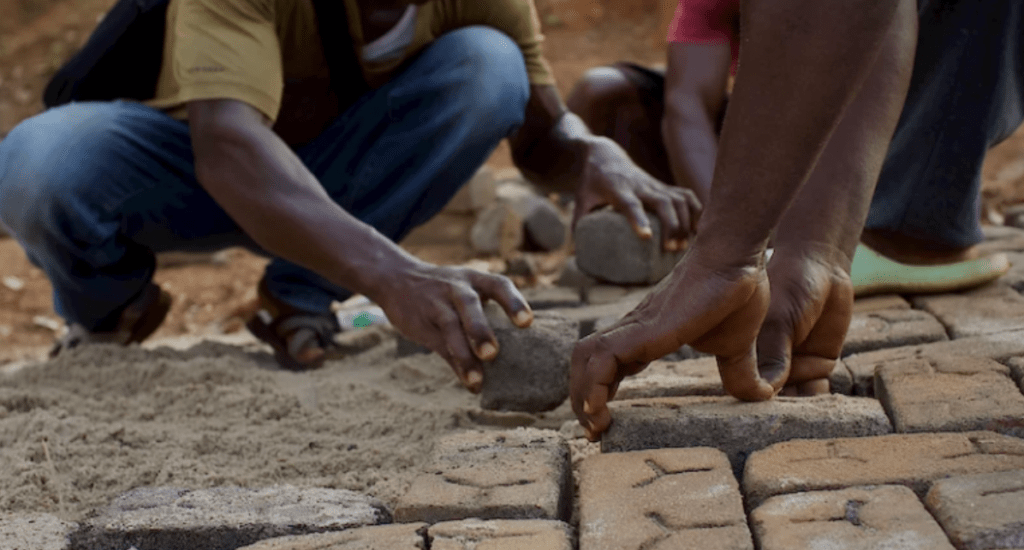

The ALU School of Wildlife Conservation is the first of its kind on the continent, dedicated to growing the next generation of world class conservation leaders in Africa.
The continent needs home grown African leaders to spearhead new and innovative approaches in the business of conservation.
Bumbogo, Kigali Innovation City, Next to Azam, Kigali, Rwanda
Phone: +250 784 650 219
sowc@alueducation.com